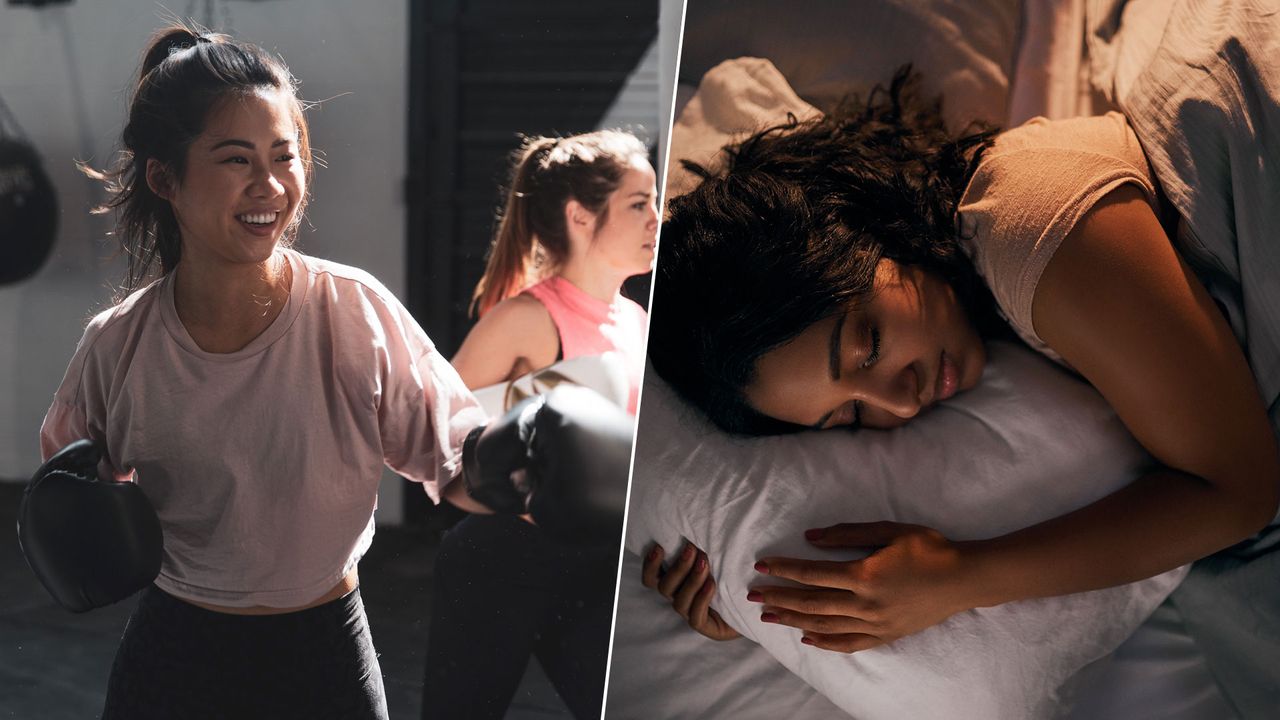

When should you stop exercising before bed? It's a tricky balancing act, especially for for whom the evening is the only time available to work out. We all know that getting sufficient exercise is important for all-round health and wellbeing, and that includes helping you sleep better. However, while getting a sweat on during the day will help you improve your sleep quality when bedtime rolls around, you do need to be careful about exactly when you fit in that workout.
Just as there's an optimal time to stop drinking before bed, with exercise, it's all about timing. And that's especially true if you're going for a high-intensity session. We spoke to Dr Verena Senn, neurobiologist and head of sleep research at Emma sleep (the brand behind the best memory foam mattress around, in our opinion) about when you should stop exercising before bedtime for the best sleep.
"When considering how close to your bedtime you should be exercising largely depends on the type of physical activity. For example, high-intensity late-night exercise has been shown in some studies to delay sleep onset on account of an increased heart rate," says Dr Verena. "For most people, I would recommend not exercising in the two hours before bed."
What kind of exercise is it okay to do before bed?
If later in the evening is the only time you can squeeze in your exercise, it's best to stick to calming, non-cardio activities. "Something like that is lower-impact, such as yoga when used more like a meditative practice, can be very helpful to sleep," explains Verena. Try these yoga stretches to do before bed, or some breathing exercises to help chill you out.
"By encouraging slower breathing and activating the parasympathetic nervous system (PSNS), this kind of exercise can increase the concentrations of the neurotransmitter GABA (sometimes known as the brain’s tranquilliser) and relax the mind and muscles," says Dr Verena.
When it comes to exactly how much exercise to do, there's no hard-and-fast rule, as it varies a lot depending on your age, abilities, fitness level and so on. "Whatever you do, stick to a routine and learn what works for you," she continues. "It's not one size fits all; identify your own preferences and observe whether the timing of your exercise promotes or inhibits your sleep."
Remember, too, that exercise is just one part of a wider sleep hygiene regime. "It's recommended that healthy adults get between 7-9 hours of sleep a night, so whatever your levels of exercise this is something to aim for," continues Dr Verena (although some experts disagree – at #7 in our 24 tips for better sleep, independent sleep consultant Dr Neil Stanley says that how much sleep you need is genetically determined, and actually anything before four and 11 hours could be right for you).
Sign up to the T3 newsletter for smarter living straight to your inbox
Get all the latest news, reviews, deals and buying guides on gorgeous tech, home and active products from the T3 experts
Ruth is a lifestyle journalist specialising in sleep and wellbeing. She has tested more mattresses than her small flat can handle and will talk at length about them to anyone who shows even a passing interest, and has had to implement a one-in-one-out pillow policy for fear of getting smothered in the night. As well as following all the industry trends and advancements in the mattress and bedding world, she regularly speaks to certified experts to delve into the science behind a great night's sleep, and offer you advice to help you get there. She's currently Sleep Editor on Tom's Guide and TechRadar, and prior to that ran the Outdoors and Wellness channels on T3 (now covered by Matt Kollat and Beth Girdler-Maslen respectively).
-
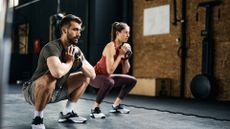 How to use weights for cardio
How to use weights for cardioCan't stand the treadmill? Good news! A pair of dumbbells can boost your cardio fitness and calorie burn
By Bryony Firth-Bernard Published
-
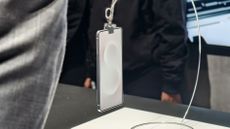 Samsung Galaxy S25 Edge material rumours have got me really excited
Samsung Galaxy S25 Edge material rumours have got me really excitedThis could be a game-changer for phone design
By Sam Cross Published
-
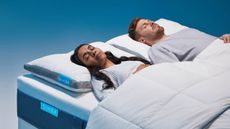 Simba reveals 3 shocking signs of sleep deprivation on the body
Simba reveals 3 shocking signs of sleep deprivation on the bodySimba’s latest study reveals the main physical effects of sleep deprivation
By Bethan Girdler-Maslen Published
-
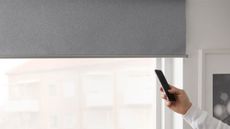 I’m a smart home expert – here are 5 smart blinds I'd recommend for a better night’s sleep
I’m a smart home expert – here are 5 smart blinds I'd recommend for a better night’s sleepFrom SmartWings to IKEA, here are the smart blinds worth knowing about
By Bethan Girdler-Maslen Published
-
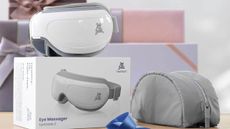 This smart sleep mask massages, plays music and eases facial tension
This smart sleep mask massages, plays music and eases facial tensionThe Bob and Brad Eyeoasis 2 is a must-have for bad sleepers and screen users
By Bethan Girdler-Maslen Published
-
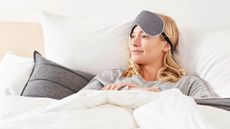 This Panda London eye mask proves that the key to sleep is simplicity
This Panda London eye mask proves that the key to sleep is simplicitySleep masks: let’s go back to basics
By Bethan Girdler-Maslen Published
-
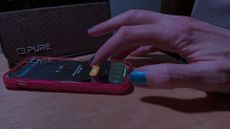 I tried a sleep tracking app during my most sleep-challenged time of year – here's what I found out
I tried a sleep tracking app during my most sleep-challenged time of year – here's what I found outSleep Cycle can help improve your sleep routine, but could it make Christmas followed by a week of starring in a pantomime less exhausting?
By Jim McCauley Published
-
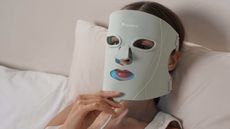 5 reasons you should use your LED face mask before you sleep
5 reasons you should use your LED face mask before you sleepThe evidence doesn't lie
By Lizzie Wilmot Published
-
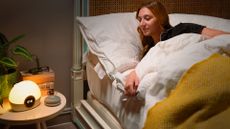 Waking up for work is tough in the winter – but smart tech can help you avoid that snooze button
Waking up for work is tough in the winter – but smart tech can help you avoid that snooze buttonHow smart tech makes winter mornings run smoother
By T3.com Published
-
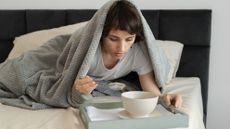 Nutritionist reveals 3 foods you should eat before bed to stay warm
Nutritionist reveals 3 foods you should eat before bed to stay warmStruggling to stay warm during the night? Try eating some of these
By Lizzie Wilmot Published